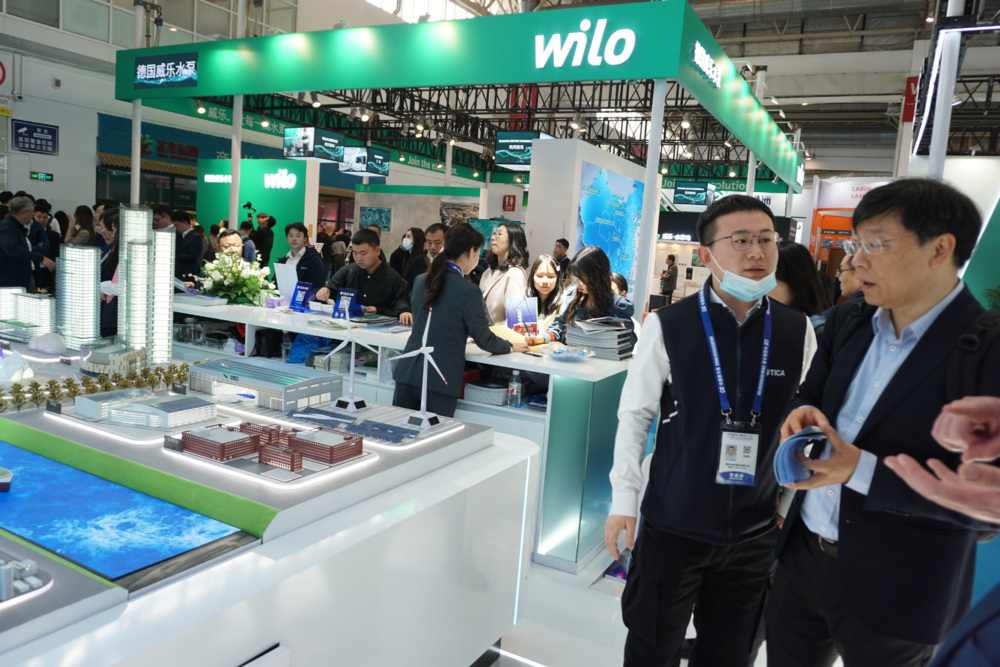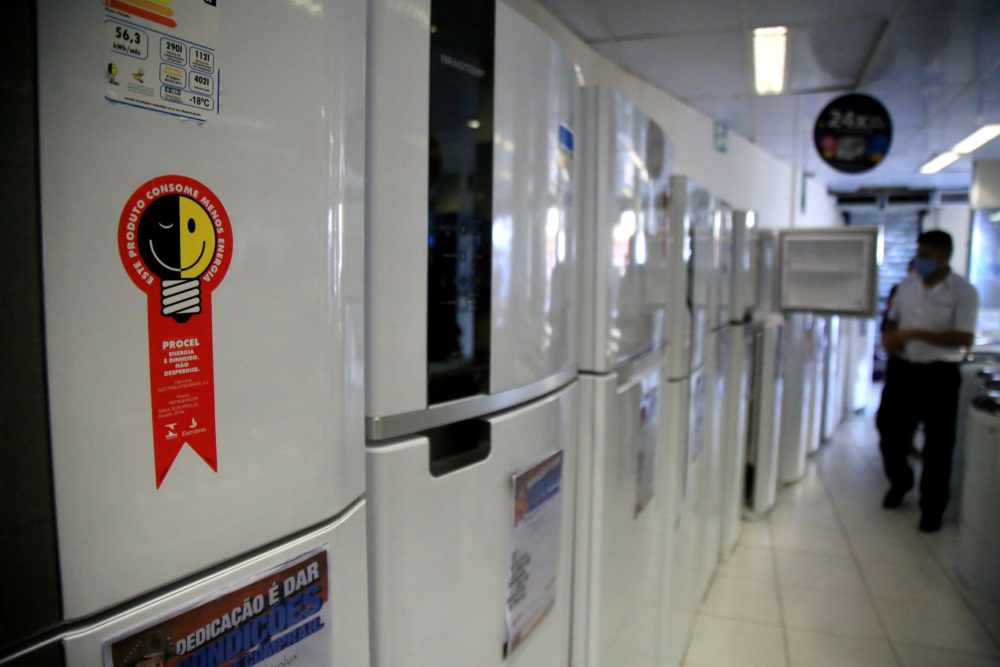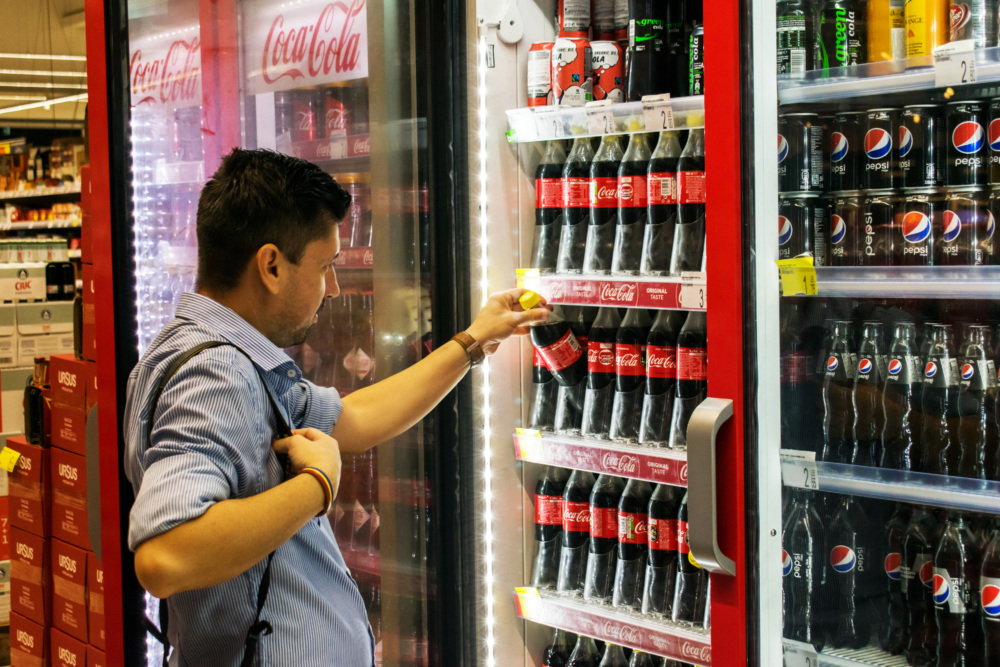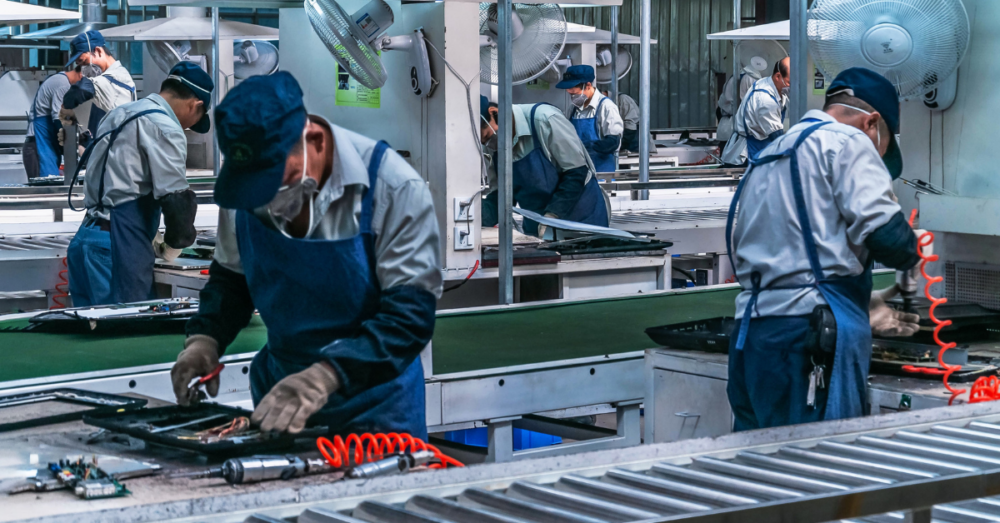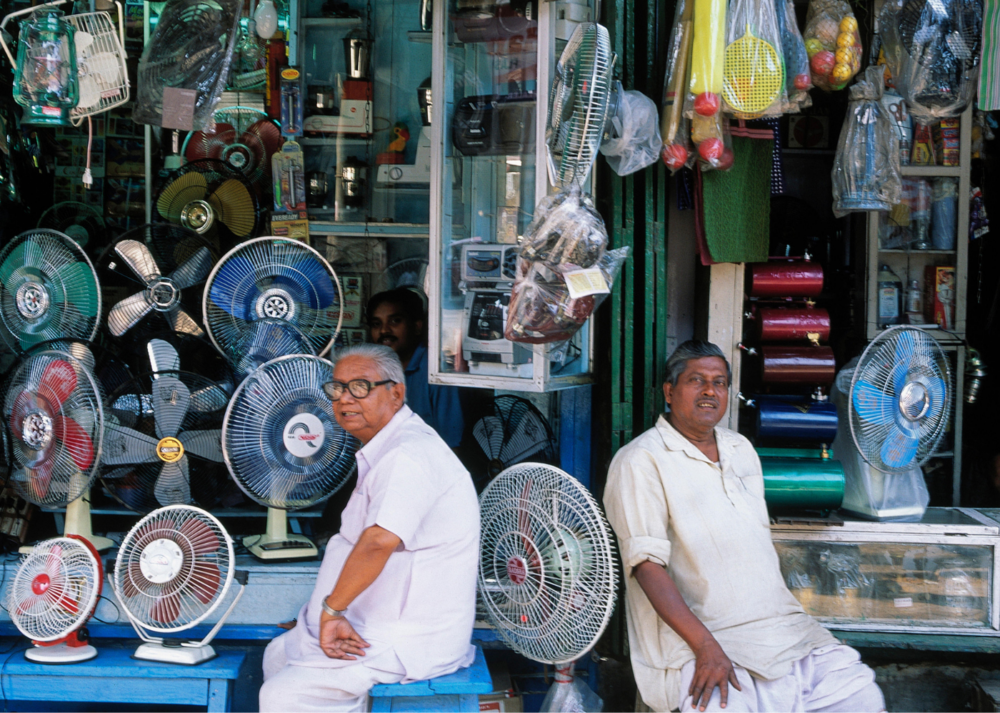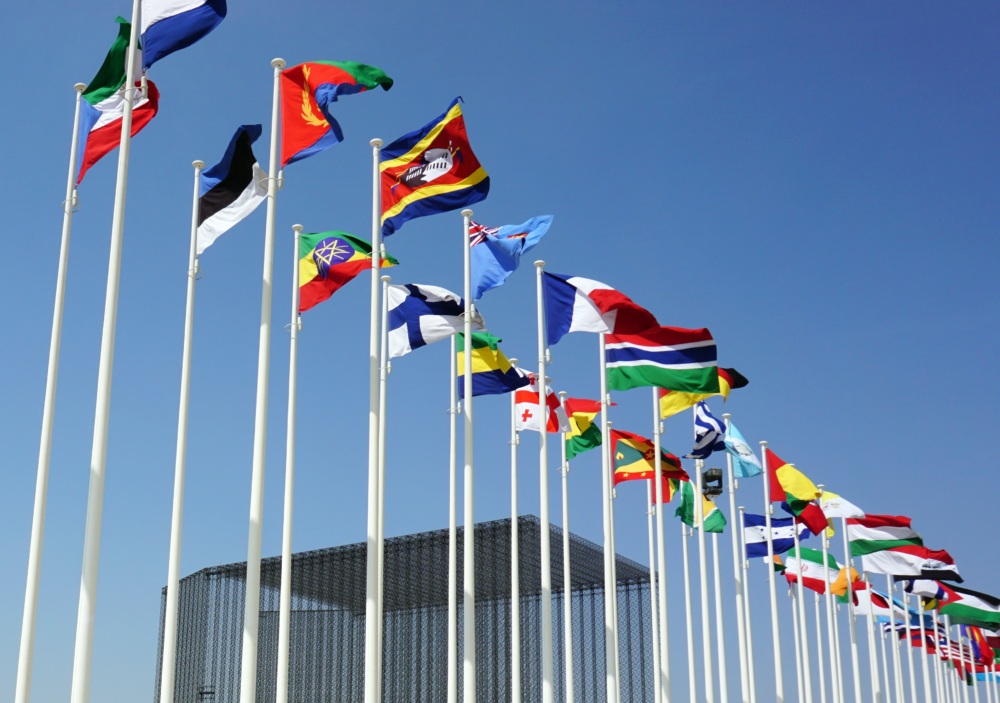Brazil Introduces Revised Labeling Scale for Air Conditioners
Brazilian policymakers have adopted a new efficiency labeling scale for air conditioners (ACs) that will better distinguish the highest-performing products in the market.
Brazilian policymakers have adopted a new efficiency labeling scale for air conditioners (ACs) that will better distinguish the highest-performing products in the market. The regulation, which was published in July, will more than double the stringency of energy labeling criteria over the next five years.
The change marks the first meaningful revision of Brazil’s AC labeling requirements in nearly a decade. Most ACs in the national market bear an ‘A’ label, representing the highest efficiency class. As a result, it is difficult for consumers to distinguish between highly efficient products and those that are more energy-intensive and costly to operate. The new labeling scale will provide consumers with better information on which to base purchasing decisions and is expected to drive a market shift toward more efficient AC models that will reduce CO₂ emissions by 21.5 Mt cumulatively through 2030.
The new regulation also introduces a seasonal energy efficiency metric that considers variations in temperature and humidity conditions specific to the Brazilian climate. Use of the new labeling scale will be voluntary until 2022, when ACs will need to be 52% more efficient than current levels in order to qualify for an ‘A’ rating. Performance levels will increase again in 2025, when units will need to show a 108% improvement over today’s ‘A’-rated units in order to maintain the grade.
Timeline: An Evidence-Based Approach
Adoption of the new regulation is the culmination of a multi-year collaboration between policymakers, CLASP, and the Instituto Clima e Sociedades’ (iCS) Kigali Network that included stakeholder consultations, market assessments, and analysis of policy options.
“CLASP’s collaboration, particularly on technical analysis and sharing of international best practices, was crucial for the success of the Brazilian AC labeling program improvement,” said Danielle Assafin, Executive Analyst at the Brazilian Metrology Institute (INMETRO).
In 2018, with support from iCS, CLASP undertook an evaluation of Brazil’s AC market to identify incentivizing factors and barriers to the use of energy-efficient technologies. CLASP team members conducted on-the-ground research with various AC manufacturers, industry associations, and policymakers to inform a holistic understanding of the market. CLASP ultimately made recommendations for the new efficiency criteria and adoption of a seasonal efficiency metric.
Last year, CLASP followed up with an in-depth study of the country’s labeling program that identified potential improvements based on experiences from the European Union, India, China, Vietnam and Thailand. CLASP team members Eric Gibbs and Colin Taylor presented the findings from both reports at an international conference hosted by iCS, Eletrobras, and the National Program for the Conservation of Electric Energy (PROCEL).
Kishore Kumar, from CLASP’s India team, also gave a presentation on India’s experience adopting the Indian Seasonal Energy Efficiency Ratio, which was introduced as part of a regulatory revision that doubled the market penetration of highly efficient ACs within the first year.
In September of 2019 CLASP shared our recommendations with policymakers at INMETRO, who are responsible for the national comparative label. Policymakers accepted the proposal and began the process of adopting new labeling criteria—announcing publication of the new levels in July.
Continued Ambition and Collaboration
CLASP continues to collaborate with policymakers and other partners to replicate this success for new products. In July, work began to revise the labeling regulation for residential refrigerators that could reduce cumulative CO₂ emissions by nearly 30 Mt through 2030.
In an August 5 webinar, Brazilian policymakers participated in a panel discussion with leaders from China and India where they discussed their approaches to AC regulation and lessons learned. Watch the webinar here: https://vimeo.com/444987290

